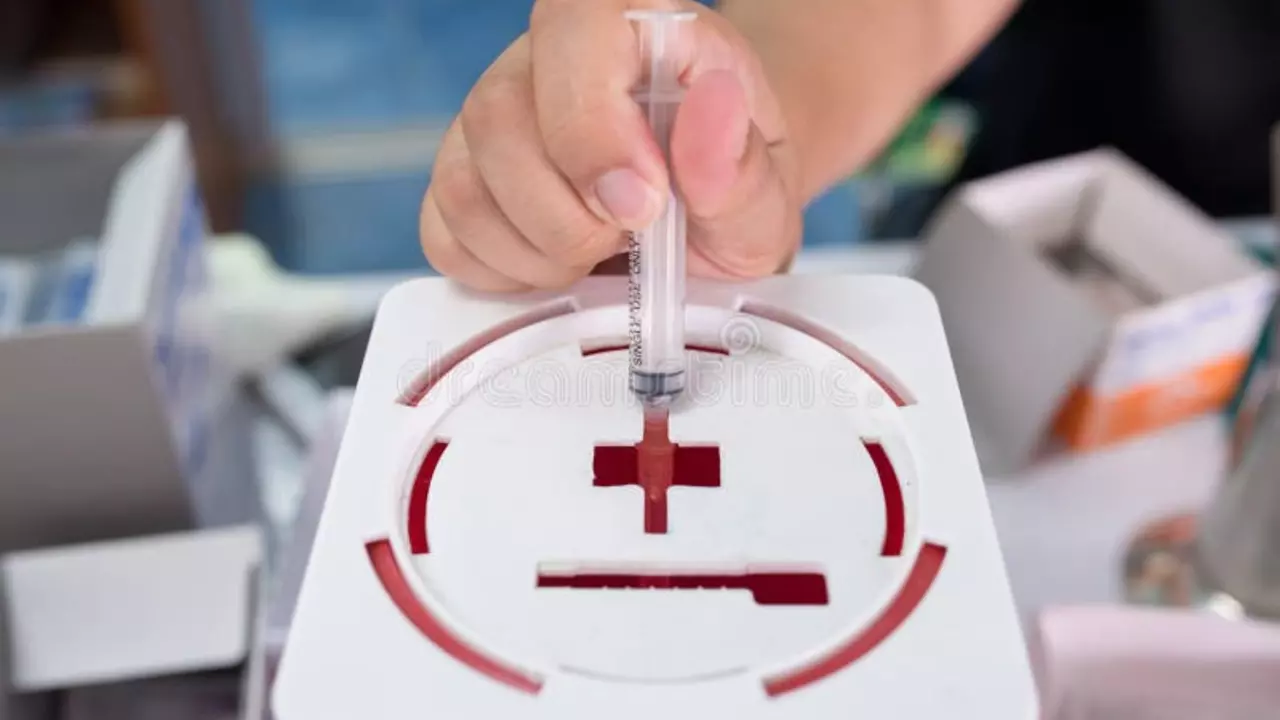Safe and Simple Medication Disposal
Throwing away old prescriptions the right way keeps kids, pets and waterways safe. You don’t need to be an expert—use a few easy rules and your home won’t be a risk. Below I explain practical steps that work whether you have a single pill or a box of expired bottles.
First, look for official disposal options near you. Many pharmacies and community centers run drug take-back boxes that accept most medicines with no questions. The Drug Enforcement Administration and local health departments also list periodic take-back events. If a take-back box or event is available, use it first—it's the safest and simplest choice.
When take-back isn't an option
If you can't get to a take-back program, follow a safe home method. Remove pills from their original containers and mix them with something undesirable—used coffee grounds, cat litter or dirt work well. Put the mixture in a sealed plastic bag or empty container so pills are not visible, then toss that container into your household trash. This hides the medication and makes it unattractive to people and animals.
Don't pour medicines down the drain or flush them unless the label or a reliable source explicitly says to flush. Flushing can contaminate water systems and harm wildlife. If instructions specifically advise flushing for certain high-risk drugs, follow those instructions; otherwise, avoid it.
Sharps and controlled substances
Needles, syringes and other sharps must never go in regular trash loose. Put them in a hard, puncture-proof container—an empty laundry detergent bottle works—and tape the lid closed. Many pharmacies and health clinics accept sealed sharps containers, and some local waste programs run collection days for them.
Controlled substances need extra care. If a medication is a controlled drug, prioritize take-back programs or pharmacy disposal. If you must use a home method, mix and bag the pills as described, then remove or black out personal information from prescription labels before throwing containers away.
Small habits reduce risk. Keep expired and unused meds in a locked box until you can dispose of them. Check expiration dates when you refill so you don't accumulate piles. Use pill organizers only for current doses and empty old organizers into the disposal process.
Finally, check local rules. Waste and pharmacy regulations vary by city and province, so search your local health department website or call your pharmacy. They can tell you where to drop off medicines and whether mail-back envelopes or specific containers are required.
If you're unsure about a specific drug, take a photo of the pill or label and ask your pharmacist or local health department. They can confirm the safest removal method, point to mail-back services, and tell you about legal rules in your area. A quick check avoids hazards.
Safe disposal protects your family and the environment and prevents drug misuse. Take a minute to search for a nearby take-back program, or use the simple home method if none exists. Either way, handling old medication carefully is quick and worth the effort.
